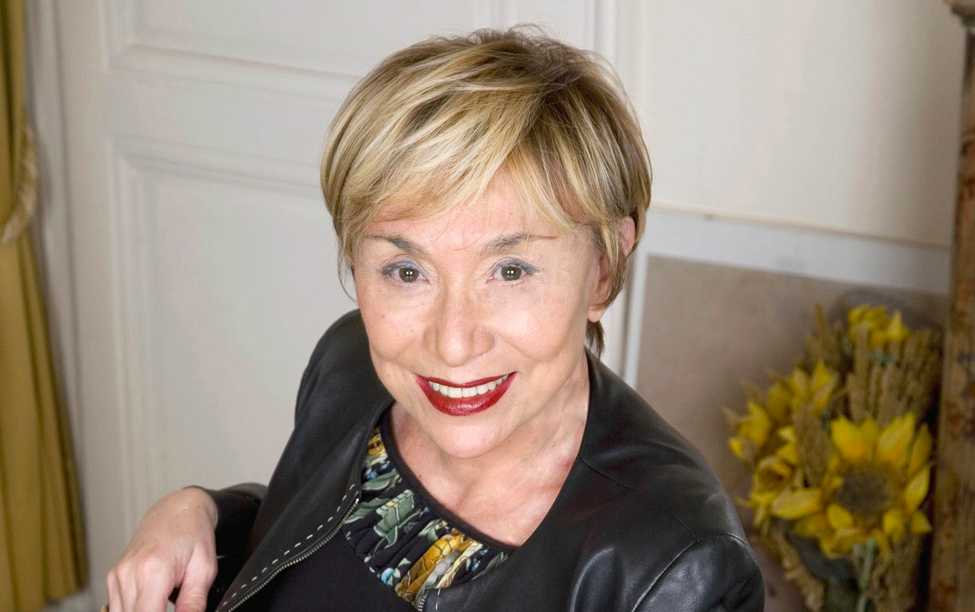


Abjection and sacrifice in religion, the dynamics of Christian love and faith, the relation between the doctrine of the Virgin Mary and the experience of motherhood, and the question of feminism and its sometimes quasi-religious forms are also thematic. The themes of the relation between the symbolic structures of language and a pre-symbolic semiotics of the infant body, of the split and decentered subject, and of the opposition between desire and Jouissance (ecstatic enjoyment) participate in organizing the discussion. Issues recurrent in the essays include the problem of ethics the relation between discourse and the life of the body the formation and sublimation of narcissism the pre-Oedipal function of the father the functions of fantasy, imagination, and art the relation of religion to the negation of woman and the possibility of positive and playful religion. Special attention is given to two related themes: the understanding of woman in relation to religion and the role of mother (especially of mother's body) in the formation of self and of a religious discourse. This volume examines this rich body of work and the ways in which its interdisciplinary style gives insight into problems in understanding religion.

Julia Kristeva works at a crucial intersection of contemporary disciplines: psychoanalysis, linguistics, semiotics, literary criticism, feminism, postmodern philosophy, and religious studies. Notice: If you have a subreddit you would like to add to the Multi-reddit, please PM the moderators.The point is further developed in Rebecca Chopp's The Power to Speak : Feminism, Language, God ( Philadelphia : Crossroads, 1989 ). (Please see more here) Related Subreddits: See all in a multi-reddit. For questions related to aaaaarg, please contact one of the following users: u/leftcomsnob, u/MovingToJersey, u/lzbrgs, u/Louie-dog, u/Santabot, u/riversiderain, u/Amberkowicz1, u/CyberDiablo, u/joseph_jacotot

Posts of aaaaarg links or posts asking about aaaaarg keys will be removed. All bans are subject to the discretion of the moderation team and site-wide rules apply. Persistent derailing, trolling, and/or off-topic posting and commenting may also result in a ban. In this subreddit offensive language may be tolerated depending on the context in which it is used and users should keep in mind that if moderators determine that use of such language is done with a malicious intent, they will be banned. Please direct shorter videos, memes, and shitposts to /r/CriticalTheoryTV Please post announcements for events, reading groups, and other similar invitations in the monthly pinned thread. Submissions removed under this rule may be resubmitted with a statement, though substantial existing discussions may be left up at moderator discretion. Video submissions that are not lectures or interviews with acclaimed (at the very least recognised within the critical theory world, in or out of academia) theorists must be over 20 minutes long and include a substantive submission statement which is not simply a copy of the youtube description (unless the description is fairly thorough). If you post a question, it must include an attempt to answer it or demonstrate some attempts to search and engage with existing literature- this is not a place for us to do your homework! If you are completely stumped and have questions about philosophy and/or socialscience and want a high quality answer try /r/askphilosophy and /r/AskSocialScience We are interested in long-form or in-depth submissions and responses, so please keep this in mind when you post so as to maintain high quality content. This subreddit is intended to be a massive theory HUB, much like /r/ArtTheory, /r/FilmTheory, /r/FeministTheory, and /r/EconomicTheory for all things pertaining to criticism, including and especially social scientific and literary theories. Critical theory is a school of thought that stresses the examination and the critique of society and culture by applying knowledge from the social sciences and the humanities.Īs a term, critical theory has two meanings with different origins and histories: the first originated in sociology and the second originated in literary criticism, whereby it is used and applied as an umbrella term that can describe a theory founded upon critique thus, the theorist Max Horkheimer described a theory as critical in so far as it seeks "to liberate human beings from the circumstances that enslave them."


 0 kommentar(er)
0 kommentar(er)
